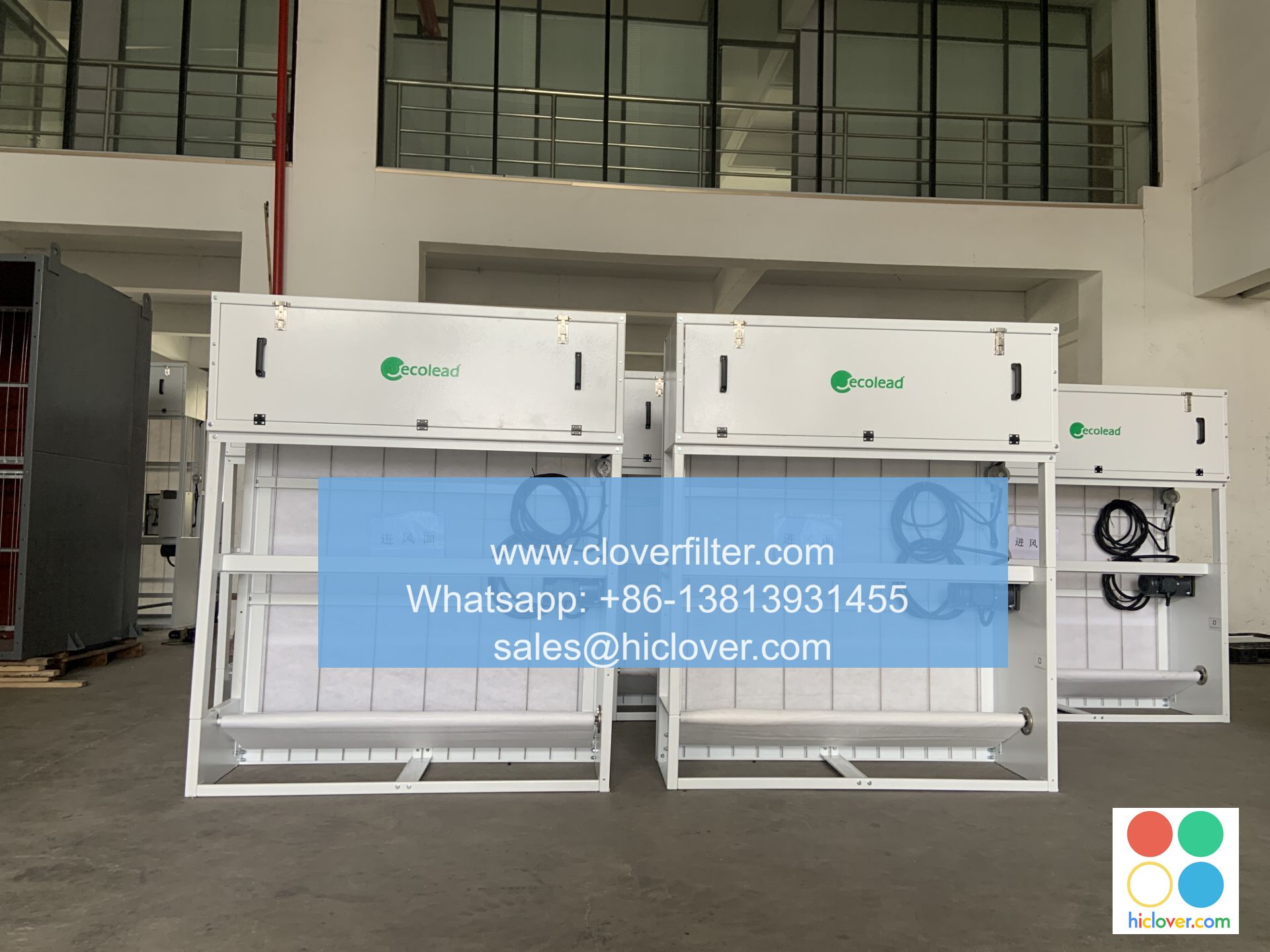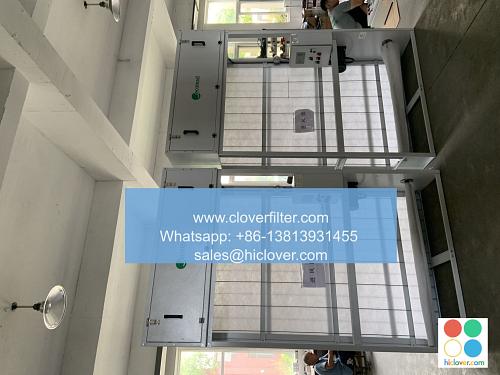The Importance of Regular Air Filter Cleaning in Logistics

Regular air filter cleaning is a crucial aspect of logistics that is often overlooked, but it plays a significant role in ensuring the smooth and efficient operation of warehouses, distribution centers, and other facilities. In this article, we will highlight the importance of air filter maintenance and its impact on various application areas in logistics, including warehousing, transportation, and supply chain management.
Why Air Filter Cleaning is Crucial in Logistics
Air filters are designed to capture dust, dirt, and other airborne contaminants that can damage equipment, compromise indoor air quality, and affect the overall health and safety of employees. In logistics, clean air is essential for maintaining the integrity of products, preventing damage, and ensuring compliance with regulatory requirements. Regular air filter cleaning helps to:
* Reduce energy consumption and lower utility bills
* Prevent equipment downtime and extend the lifespan of machinery
* Improve indoor air quality and reduce the risk of respiratory problems
* Enhance product quality and prevent contamination
Application Areas in Logistics
Regular air filter cleaning has numerous applications in logistics, including:
*
Warehousing
: Clean air is essential for maintaining the integrity of stored products, preventing damage, and ensuring compliance with regulatory requirements.
*
Transportation
: Clean air filters help to improve fuel efficiency, reduce emissions, and prevent engine damage in vehicles.
*
Supply Chain Management
: Regular air filter cleaning helps to ensure the smooth operation of supply chain systems, preventing delays and disruptions that can impact customer satisfaction and business reputation.
Best Practices for Air Filter Cleaning
To ensure the effective cleaning of air filters, logistics operators should follow these best practices:
* Regular inspection: Regularly inspect air filters to identify signs of wear and tear, dirt buildup, and other potential issues.
* Schedule maintenance: Schedule regular air filter cleaning and replacement to prevent downtime and ensure optimal performance.
* Use high-quality filters: Use high-quality air filters that are designed to meet the specific needs of logistics operations.
* Train personnel: Train personnel on the importance of air filter cleaning and maintenance to ensure that they can identify and address potential issues.
Conclusion
In conclusion, regular air filter cleaning is a critical aspect of logistics that plays a significant role in ensuring the smooth and efficient operation of warehouses, distribution centers, and other facilities. By highlighting the importance of air filter maintenance and its impact on various application areas, logistics operators can take proactive steps to improve indoor air quality, reduce energy consumption, and prevent equipment downtime. By following best practices for air filter cleaning, logistics operators can ensure the optimal performance of their facilities and maintain a competitive edge in the market. Prompt

